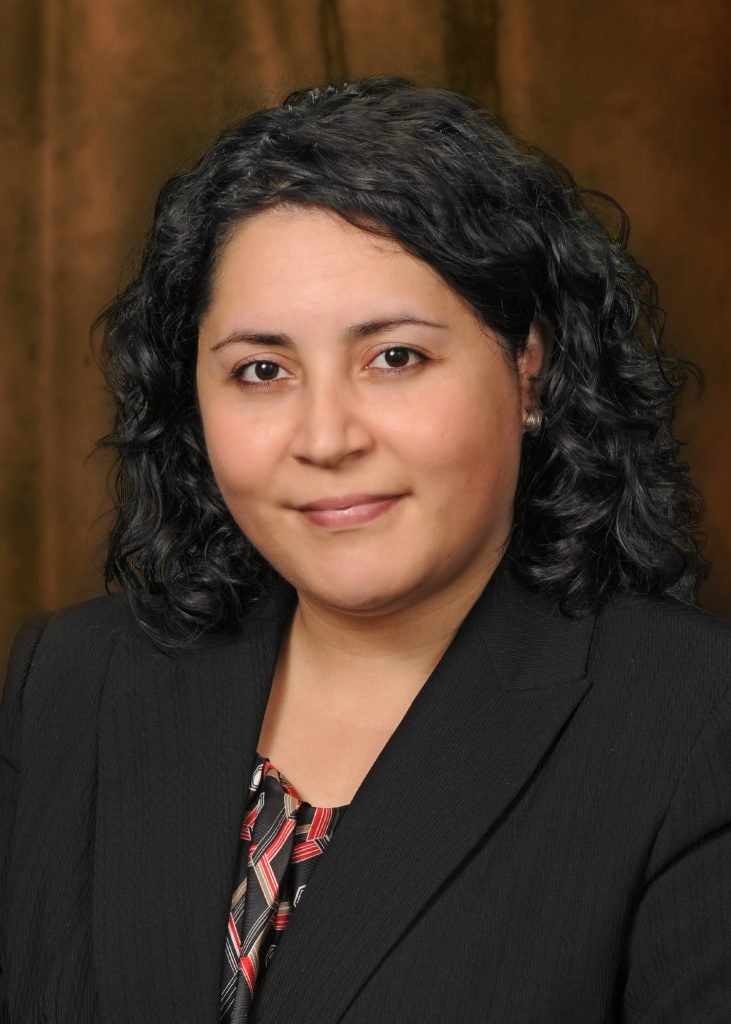ECU appoints assistant dean for diversity and inclusion at Brody School of Medicine

Dr. Irma Corral was named assistant dean for diversity and inclusion for the Brody School of Medicine. (Contributed photo)
East Carolina University has named an assistant dean for diversity and inclusion for the Brody School of Medicine.
Dr. Irma Corral, associate professor in the Department of Psychiatry and Behavioral Medicine, stepped into the assistant dean position July 23. Corral will continue her faculty appointment work in addition to her new duties.
In her new role, Corral will oversee an office that aims to help create diverse, inclusive environments for learners and employees at the medical school through research, programming and support.
Corral is the behavioral science course director for first-year medical students. She delivers didactic, clinical and service-learning education and serves as a mentor to medical students and physician residents. She also serves as the director of the Division of Behavioral Medicine for the department.
She joined ECU in 2010 as a clinical assistant professor and recently was promoted to associate professor and awarded tenure.
Corral completed her doctorate in clinical psychology with a specialization in behavioral medicine at the University of California-San Diego. She also holds a master’s degree in public health with a specialization in health promotion from San Diego State University. Her research interests include the social and cultural determinants of physical and mental health.
“Dr. Corral brings a wealth of teaching, service, research and administrative experience to the role of assistant dean for diversity and inclusion,” said Dr. Kendall Campbell, Brody’s associate dean for diversity and inclusion and interim senior associate dean for academic affairs. “I have no doubt she will lead us to new discoveries, as well as help us meet some of our most complex and persistent challenges around diversity.”
-by Kelly Dilda, University Communications